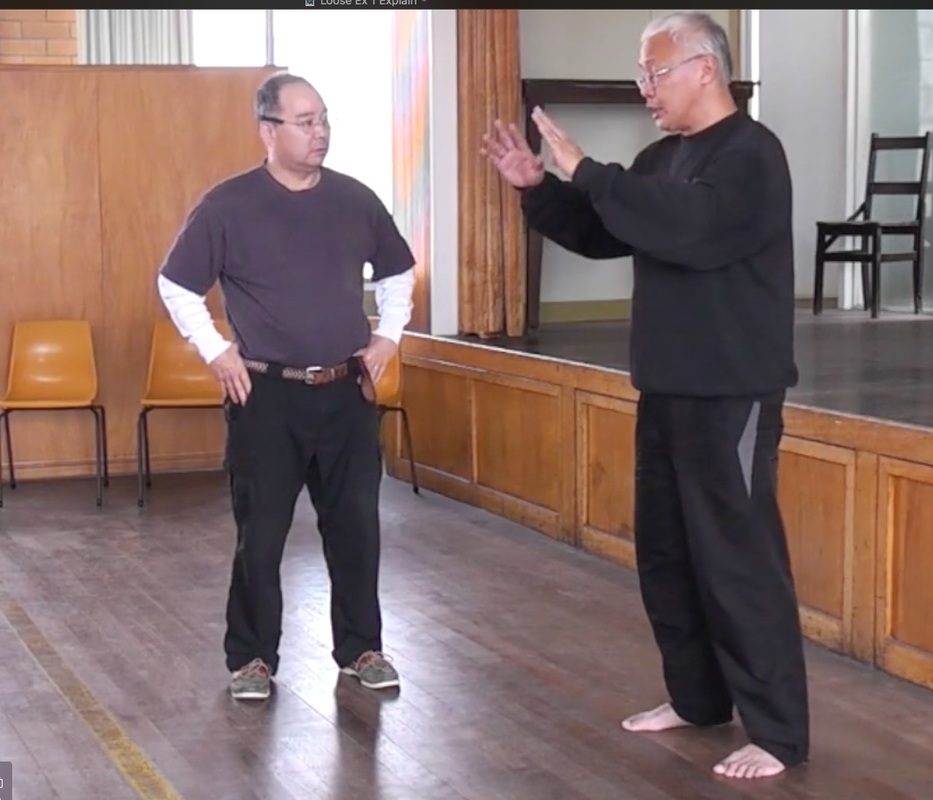|
In Qiguang Zhao's book "Do Nothing & Do Everything: An Illustrated New Taoism" the authour succinctly explains Wu Wei as not idleness but knowing when to act and when not to act. To achieve success we must not to overdo things and do them at the appropriate time. In this way we can tap into the invisible power of the Tao by aligning ourselves with it. In practicing pair work or push hands I interpret this principle or ideal as being mindful to listen and follow your partners' force like the Tao. It's their "push" that determines how fast, how much, when & which direction you receive their force.
0 Comments
In all the years I've been learning and practicing this art, I've often (countless of times) regretted missing some daily practice - usually I look back incredulously - but I have never ever felt regret when I do complete some practice, no matter how small.
How can you listen to the world when you can't quieten the mind enough to listen to yourself? How an you listen to someone pushing against you when you can't listen to yourself first? My teacher Wee Kee Jin explained that "Shen - putting the spirit within", until then sounded vague and easily overlooked, but when he interpreted to us as 'listening to the changes that are occurring in your body as you move in the various Tai Chi exercises suddenly it all made sense.
I mention listening to the world but I really mean the dao and following the flow of the universe (for want of a better word) or natural forces, as is the ideal of Daoism but how can you do that if you are tense and your mind is cluttered or stressed out. Tai Chi is great in its calming, meditative effect if only for reducing stress and better health. However, it only occurred to me recently that if you can still your mind to more quiet levels, you may be more sensitive to the synchronous events that are happening all the time around you and you 'll be more sensitive to linking the events together which begin to show you the direction of the flow that you should be following. Sometimes to get the better of laziness or fatigue, it's better to trick - or ease yourself into practice. For example, you can just start off very non-comitted without investing much concentration and casually do some stances till your feet, legs and body and eventually mind begins to warm up to practicing. Then with slow repetition your mind engages more and more with the movements and without knowing it you're getting some quality practice. In all the years I've been learning and practicing this art, I've often (countless of times) regretted missing some daily practice - usually I look back incredulously - but I have never ever felt regret when I do complete some practice, no matter how small.
|
These are my thoughts about various aspects of Tai Chi. They may or may not be original and I try to give credit where credit is due. Wee Kee Jin Workshop Series
"Paid Amazon Links"
Click to set custom HTML
Archives
November 2023
Categories
All
|

 RSS Feed
RSS Feed